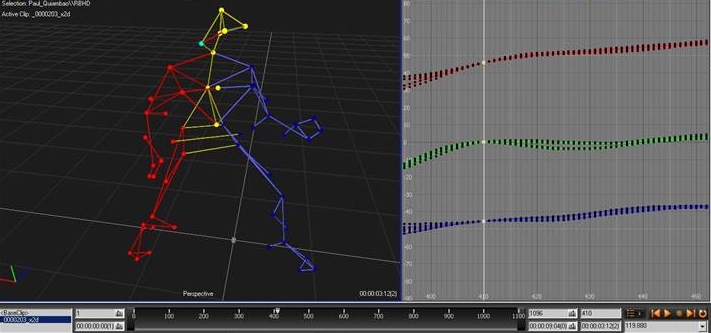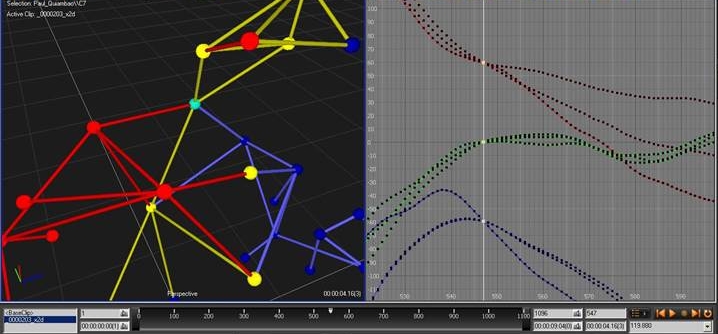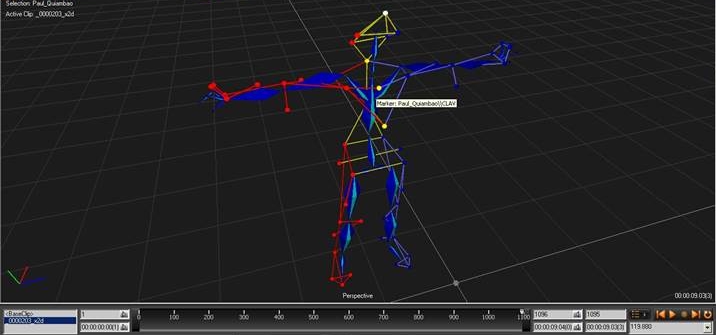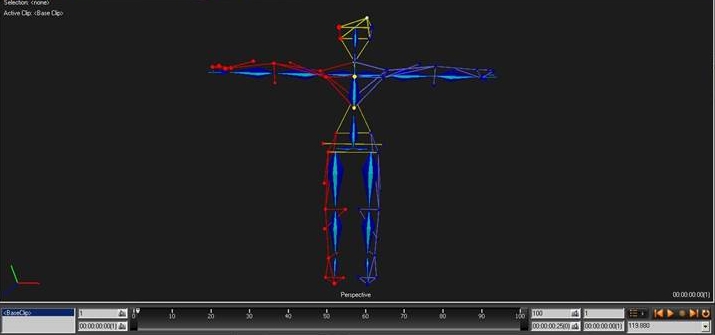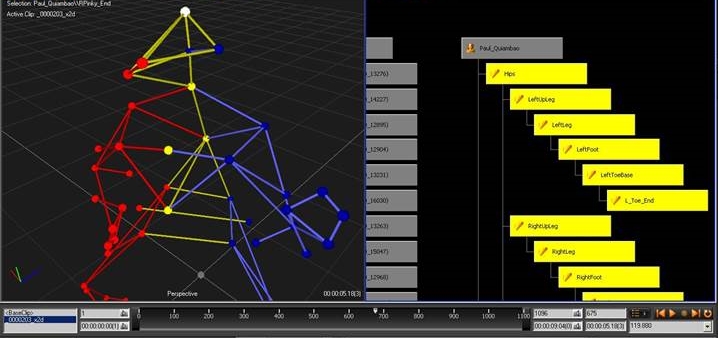BIZWOMEN
Just a year after launching her motion-capture animation company, Animation Vertigo, Marla Rausch landed one of those long shot, nice-to-even-get-your-foot-in-the-door meetings.
It was back in 2005, when she and thousands of others converged on an L.A. convention center for the Electronic Entertainment Expo, best known as “E3.”
Rausch had a good track record in the industry: She’d done freelance work for her husband’s former animation company, L.A. Spectrum Studios. And when her husband got a job with Sony, the company often paid her to help out during a crunch time.
But as a newbie animation entrepreneur, her clientele list was sparse.
So when Activision Publishing Inc. — one of the largest third-party video game publishers in the world, well known for creating “Call of Duty” and the video games for the “X-Men” and “Spiderman” franchises — asked for a meeting, Rausch was thrilled. And it only got better.
“He said, ‘I’ll be honest with you. I’m already half-inclined to give you the work, without even meeting you,’” Rausch recalled.
Why?
Apparently, Animation Vertigo was a hot topic at the convention, particularly among the Sony camp sertraline cost. Sony folks were talking about all that Rausch and her team of six had been able to accomplish and how easy it was to work with them.
Given all that, the Activision executive didn’t need much convincing.
“He said, ‘Let’s try it,’ ” Rausch recalled.
Nine years later, as Rausch celebrates her company’s 10-year anniversary, Activision is still a client — a rare long-term relationship in the tech world. Rausch’s team, now 54 employees strong, has worked with the company on some of its biggest video-game franchises, including “Call of Duty: Black Ops I” and its sequel.
The Irvine, Calif.-based company also has worked on top sports games from Madden and FIFA.
Most animation companies don’t start with giants such as Sony and Activision. They start small and build a track record. But Rausch learned a key principle early in her career — far from the world of video game animation when she was a financial adviser for American Express Financial Advisors and its spinoff, Ameriprise Financial — that helped her earn that critical word-of-mouth praise and a roster of top-notch clientele: Always exceed expectations.
“We were always meeting them at what they think they should have,” Rausch said, “and then pushing it just a little bit more.”
Here are three ways Rausch exceeds expectations — and how you can tap the best form of marketing: a good reputation:
1. She replies to emails quickly and thoroughly.
Rausch says she tries to reply to every email within 24 hours — an attentiveness her clients appreciate.
But she also takes the replies one step further: She tries to figure out why they need that information and addresses any related issues she thinks could come up.
“If they ask me for information,” Rausch said, “I make sure I give not just the info they need, but I anticipate what they’re asking it for, so it’s more complete.”
That simple step shows that Rausch is on top of the project and is in tune with the needs of her clients. It’s also a time-saver, eliminating some of the back and forth that can make email so time consuming. Simple resolution, big returns.
2. She plans well for emergencies and never lets clients see her sweat.
Deadlines are a reality in any industry — as are the occasional complications. That’s particularly true in motion-capture production, Rausch says, where even a small tech problem could put a wrench in well-laid plans.
But Rausch never waits until the last minute to give her clients a heads up.
“If I do find myself in a tricky situation where I might not be able to meet the deadline, two days before that I’ve already been in conversations with them,” Rausch says.
And when she does, she’s already got a plan — how her team is going to work around the problem, how they’ll execute plan B to get the job done. And even if they get an extension, she pushes her team to try to finish the projects early.
“Then when we make it, (the clients) are like, ‘Oh you didn’t have to do that,’” Rausch says.
3. She trains before she delegates.
Rausch isn’t one to want to control every aspect of the operation. But she wants her direct reports to be 100 percent in tune with the way she operates and what her clients have come to expect.
When her producer Nick started, Rausch included him in every conversation she had.
“I had him with me when talking with clients, so he’d be familiar with how I deal with clients…and the speed and the quality and the communication…they have learned to expect from me,” Rausch said.
And for a period of time, she had him copy her on email conversations, so she could dissect them with him and advise him on how to tackle the situation as she would. It helped clients get a seamless experience. And it perpetuated the company culture Rausch worked so hard to build.
“These are things that are easy to say but easy to break,” Rausch says. “Those are values that, if you make a mistake with one, you’re going to have a tarnished reputation.”


